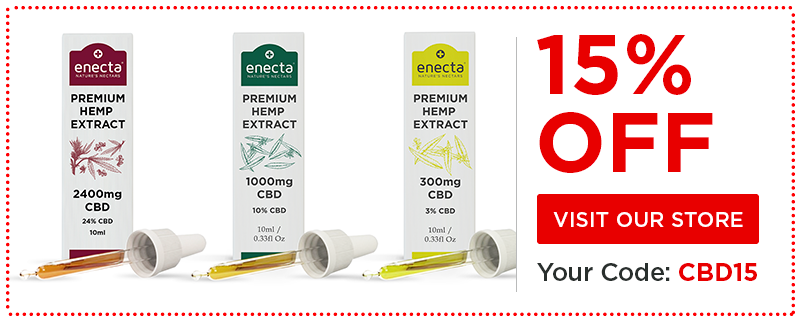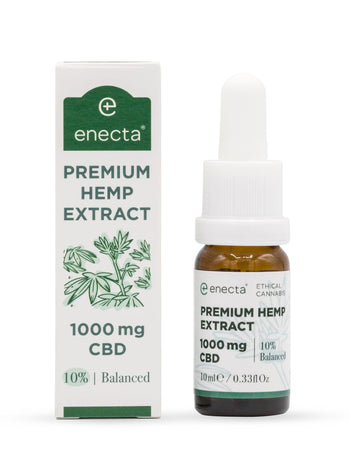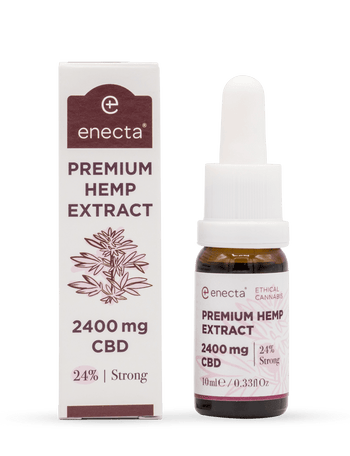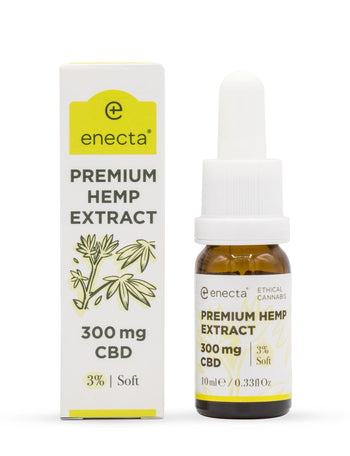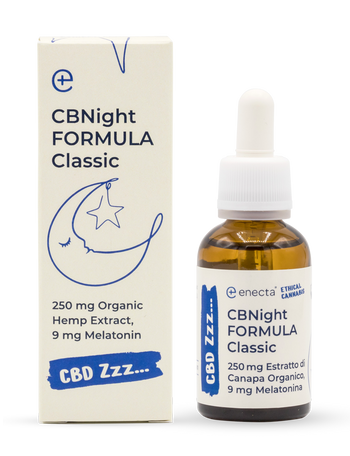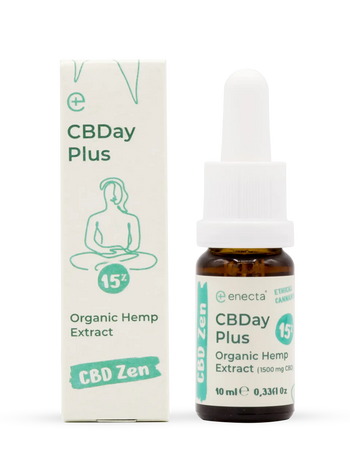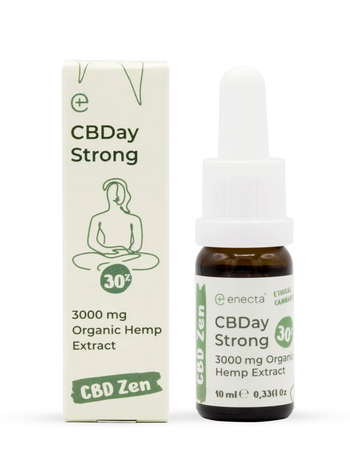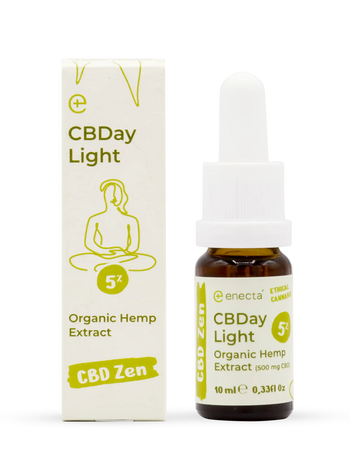The questions regarding interaction between Medical Cannabis and medical drugs are difficult to answer with one uniform reply, as Cannabis could increase the effects of a drug with which it is combined and thus increase the effectiveness or vice versa.
Hence, the intention of this article is to give scientific information which aims to supply a key to the understanding of the argument, even though not in a conclusive way, which makes it necessary and important to consult one’s physician before combining the administration of medical drugs to the use of Medical Cannabis, having multiple possible effects.
According to the research study “Interactions of marihuana and D9-THC with other drugs. In: Nahas G, Sutin KM, Harvey DJ, Agurell S, eds. Marihuana and medicine. Totowa, NJ: Humana Press, 1999, pp. 273-277”, patients in chemotherapy having used Cannabis in combination with other medical drugs, haven’t noticed an increase in toxicity of the medicines.
However the absence of this type of signals cannot be taken as a definitive fact, because similar research studies are not particularly encouraged at the moment.
This means we have partial knowledge about interactions between medical drugs and Cannabidiol. However, so far time no negative signals are known and cautious optimism is generated by the studies conducted up to now.
A similar situation can be found regarding the medical use of THC, administered orally in the treatment of weight loss associated with HIV (…), or in neurological diseases like multiple sclerosis for example or spinal cord injuries.
“In a research study on animals, in which THC was administered in combination with muscle relaxants, an increase in the beneficial effects of the latter drugs has been detected”. Thus, in this case the interaction could be favourable.
Therapeutic indications – Medical Cannabis is recommended in pain therapy, so in cases like multiple sclerosis, spinal cord injuries or to relief symptoms caused by chemotherapy, radiotherapy, vomiting and nausea.
It also has a stimulating effect on appetite and can be used in patients with anorexia, patients affected by tumours and Aids.
It can be used to lower arterial pressure in glaucoma resistant to conventional therapies, or to reduce the involuntary movements of body and face in the Gilles de la Tourette Syndrome.
Before administrating whichever dosage of CBD, it is however necessary to consult your physician, who will take the risk-benefit balance into consideration, based on the specificity of the case
If you found this article interesting and would like to learn more about it, don’t hesitate to contact us, by writing an e-mail to info@enecta.com or leaving a message on our Social Media channels, on Facebook or Instagram!




























